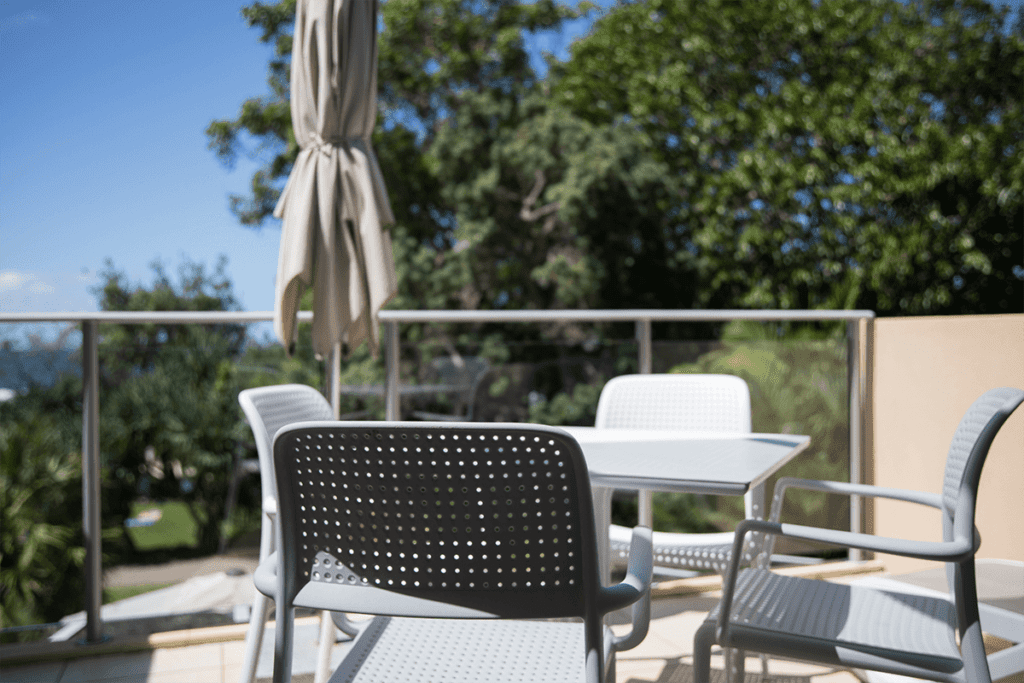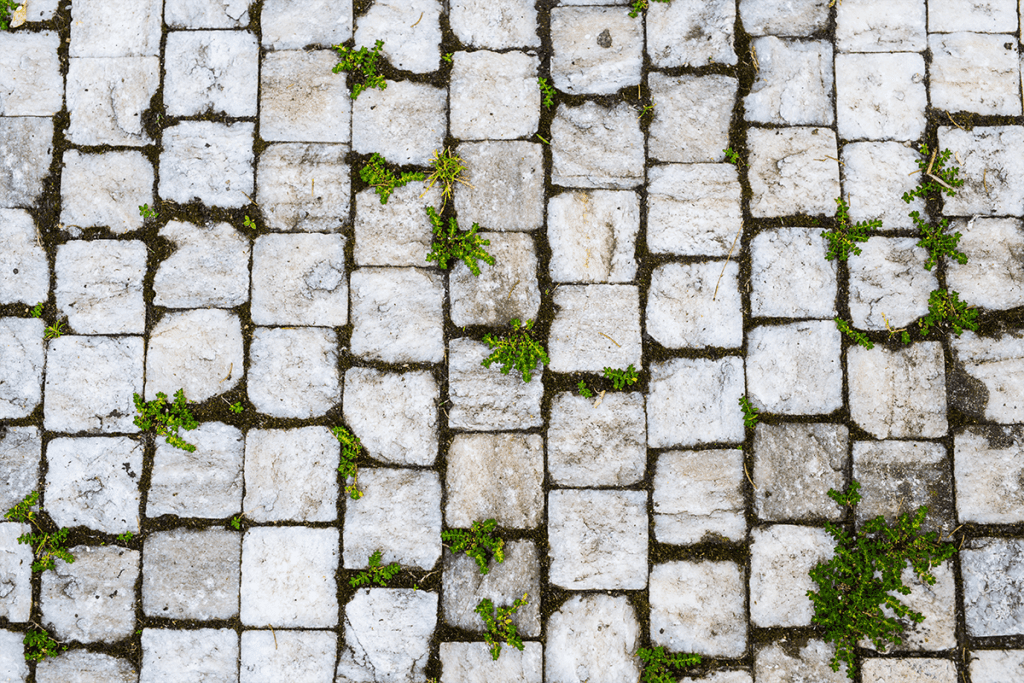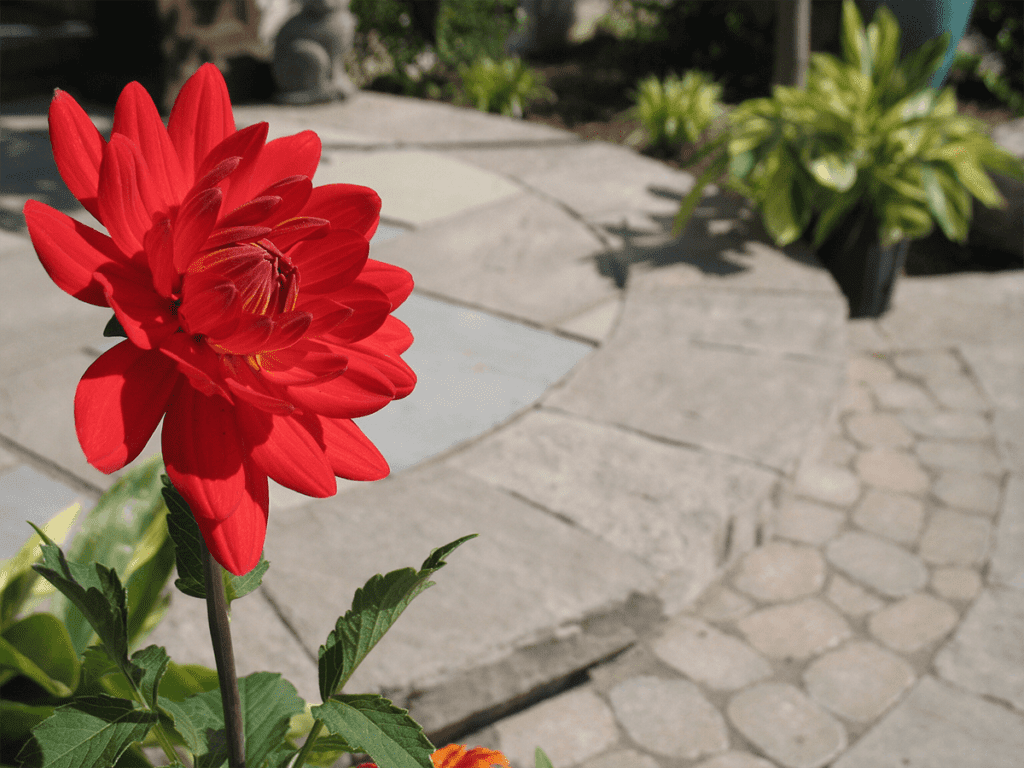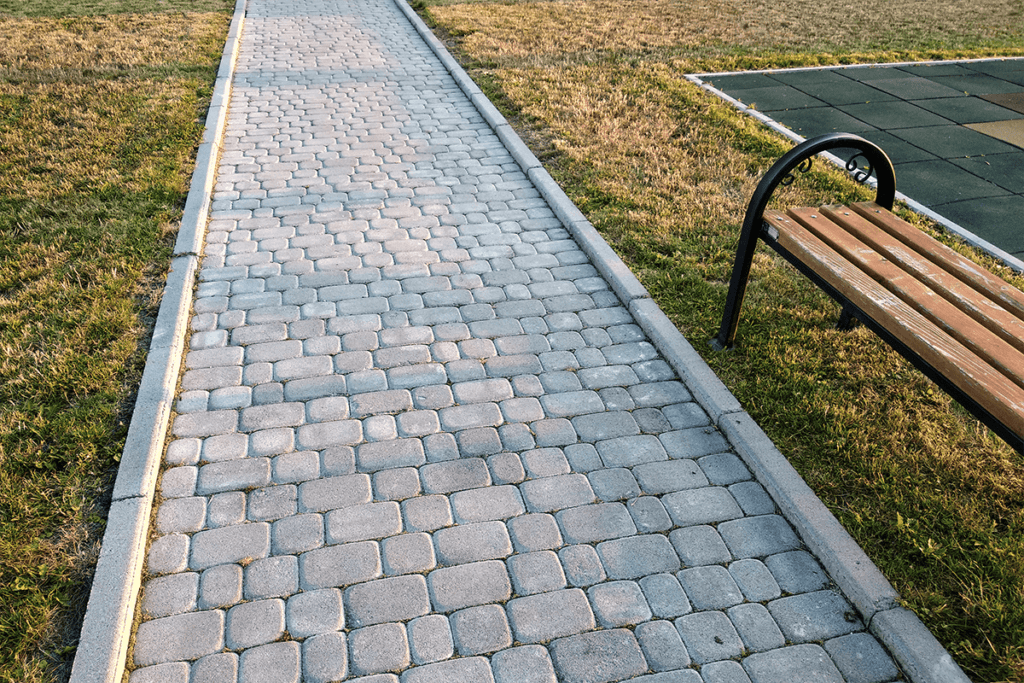Paver sealers are an essential part of maintaining the appearance and longevity of your pavers. They help protect against stains, erosion, and other types of damage. There are several types of paver sealers available on the market, each with its own unique benefits and drawbacks.
Acrylic Sealer
Acrylic sealers are made from a water-based acrylic solution. They provide a clear, glossy finish and are easy to apply. Acrylic sealers are also resistant to fading and yellowing, making them an excellent option for outdoor use.
Epoxy Sealer
Epoxy sealers are a popular choice for commercial and industrial applications. They are extremely durable and resistant to stains and chemicals. However, they are also more challenging to apply than acrylic sealers and can be quite expensive.
Polyurethane Sealer
Polyurethane sealers are similar to epoxy sealers in terms of durability and stain resistance. They also provide a glossy finish and are UV-resistant. However, they can be more expensive and difficult to apply than acrylic sealers.
Penetrating Sealer
Penetrating sealers are designed to penetrate deep into the paver surface, protecting it from within. They are highly resistant to stains and are virtually invisible once applied. However, they do not provide a glossy finish and can be challenging to apply.
Solvent Based Sealer
Solvent-based sealers are made from a solvent-based solution, making them more durable than water-based sealers. They can be used on both indoor and outdoor pavers, but they have a strong odor and require a lot of ventilation during application.
When selecting a paver sealer, it’s essential to consider the specific needs of your project. Acrylic sealers are a great option for an easy-to-apply, clear finish, while epoxy and polyurethane sealers are better for high-traffic commercial or industrial applications. Penetrating sealers are ideal for those looking for maximum stain protection, and solvent-based sealers are a good choice for those who want a highly durable sealer.







